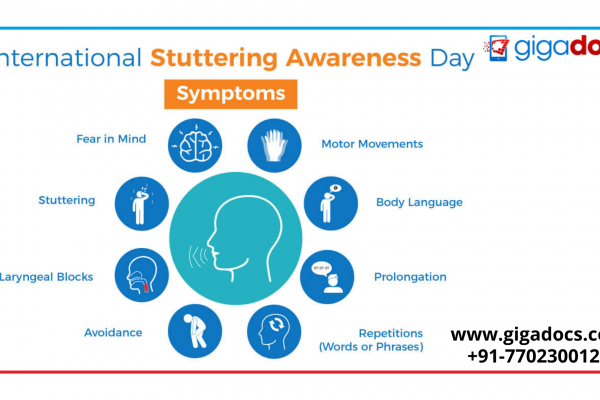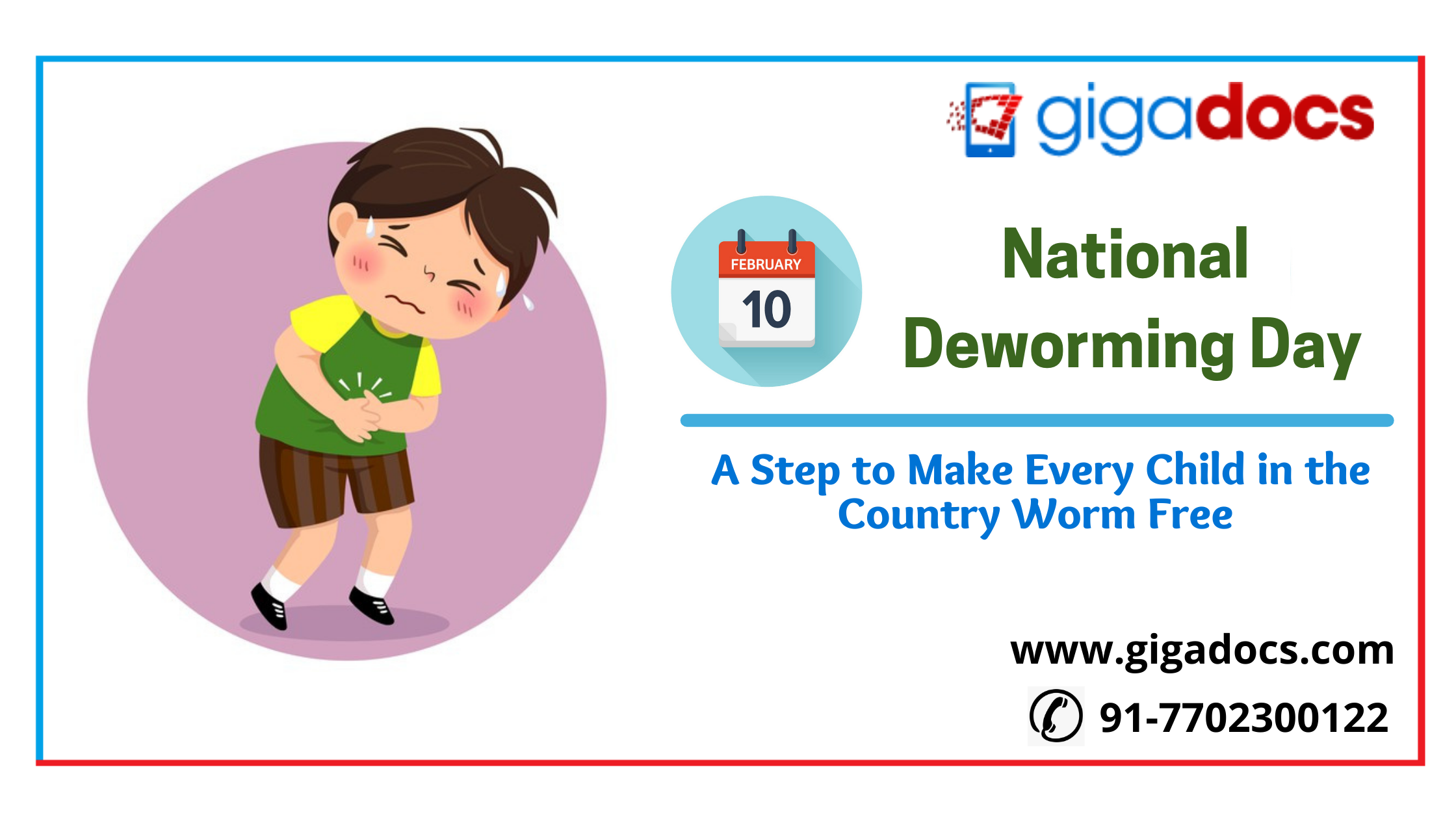Coronavirus has bought a massive change in working schedules, with work from home becoming the new normal. To contain the spread of the deadly pandemic employees across the world have been forced to work from home (WFH) for about months now. Going forward WFH may become a long-term solution and adopted as a standard practice, for some employees even after the Covid-19 situation settles down.
Discussing the numbers, the Coronavirus pandemic has forced more than 4 million ITBPO professionals to shift to a work from home platform to assure uninterrupted services are maintained. Breaking down the numbers, about 90% of IT employees and 70-80% of BPO companies have moved to the WFH model, and only the emergency workers those performing critical functions are attending offices that too in 15-day shifts or an alternate day working.
Coronavirus has changed the work culture forever. Technical experts say that WFH may be a permanent fixture, in IT enterprises. Many majors like Twitter have allowed their employees to work from home on a permanent basis. But as uncertainties around the pandemic is on a rise, companies across the world are increasingly thinking to let their staff continue with their work from their homes, without any regulatory curbs and restrictions.
Why is WFH so popular? Speaking about the financial aspects, it helps companies to lower their cost of overheads which include housekeeping costs, rent, utility charges, etc. On the employees’ side, they can save travel time spent on commute.
Five Signs of WFH Stress
Work from home can be stressful, managing work, household work, children, and the elderly. It also means multiple times of work intrusion through addressing domestic chores. In many cases, WFH can be stressful and lead to back pains, headaches, loss of sleep, fatigue, and even obesity. The question remains, how to even find you are stressed under WFH and how do you address it?
- Productivity Fallouts
If you are glued to your work more than usual then you are probably spending too much time on your work, either by increased hours or with more work at hand, both of which are disastrously harmful. This points that you have increased your hours and probably your productivity has decreased, and to complete your work you tend to overwork resulting in fatigue.
Try to avoid getting overwhelmed, and avoid addressing everything at one go. Multitasking might harm, instead try to focus on one work, which can help you with efficiency and productivity.
- Sleep and Fatigue Issues
If you are not able to complete your work, you may end up working late which may lead to more daytime fatigue and less sleep. Finally, you find it hard to quiet your mind at bedtime. In the long run, it decreases productivity and may increase your risk to catch 2 diabetes and heart disease.
Consider giving yourself a work-break balance after ever 52 consecutive minutes of work. Prefer taking small 15-17-minute breaks throughout your day stretch, walk, talk with friends and family and then re-focus on work to overcome daytime sleepiness.
- Long Logging hours can lead to Depression
Working too much even on a WFH can take a toll on your mental health. Studies show that those who log 11 hours per day have the probability of an increase to fight depression than those who logged in 8-9 hours. To focus consider meditation, which helps you not let your mind wander in multiple directions.
- Your heart’s working Overtime, too
Too much overwork and stress on work from home can release the stress hormone cortisol which increases the levels of sugars (glucose) in the bloodstream. The immediate effects include weight gain, rounding of the face with fat deposits mostly around the upper back, and midsection. Cortisol can increase your risk for type 2 diabetes, cancer, stroke, and coronary artery disease. The clue to fighting is walking and staying active. Try walking when talking over meetings, this will make sure you are mobile and active.
- Your back and neck are Aching
Work from home means, working from bed or dining table, this leads to irregular postures and subsequent neck and back sprains. Multiple researchers point out that the pain is experienced in the lower back for men and the upper back for women. To avoid these pains, add hobbies and activities on your to-do list. Consider exercising, and talking with friends, or listening to music. Try to incorporate these activates once or twice into your week or schedule them every day if you can.
Countering well-being Challenges
WFH has its regulatory issues, it comes with a human challenge addressed by around 65% of employees. Some of the common challenges that are faced during work from home include-
- Unable to ‘switch off from work’ with difficulty to remain Motivated.
To counter the ill effects of WFH, experts suggest that it is good to create a specific place in one’s home to avoid the boredom, that place need not be one’s bedroom or the drawing-room. Instead consider a small quiet place that has internet connectivity, and a comfortable place to sit without any disturbance. Since work from home will be the new normal so it is better, we start preparing for it.
- Sleep problems with Insomnia.
Do you know that WFH can affect your sleeping patterns? Research’s point that works from home hurts one’s sleeping patterns especially with those who find it tough to switch off from work. That’s why it is said to avoid working from the bedroom.
- Feeling anxious, and uncertain about the growth and progress, with Focus problems.
Technology is a blessing and a bane. On one side it makes our work easy, on the other, multiple health issues come along with the rapid adoption and use of technology. To create a balance, try to have a digital detox, switch off from work, and spend your time on things that you always wanted to do, like reading or gardening. The crux is to not get glued to social media!
- A feeling of isolation or disconnected with social life, from other people professionally.
Isolation and a general feeling of uneasiness, self-isolation are common during the lockdown and the testing COVID-19 times. You are not alone, so cheer up and walk outside in your garden or your balcony at least once a day to get some fresh air, and sunshine essential for your bone health.
Contact Gigadocs for Virtual Healthcare
Work from home brings with it constant backaches, neck pains, sleeping troubles, and gastric for the lack of exercise and not to forget the general feeling of sadness and panic attacks. Consulting a doctor face to face in these testing times may prove to be tough, instead consider to try a virtual consultation to mitigate the fear of coronavirus infectivity and seasonal disease infection which you may catch while visiting a doctor. Book a digital doctor on the Gigadocs app, available on the Appstore and play store.
Gigadocs is a smart practice management software that helps you to book a digital doctor for toothaches and more serious chronic infections like diabetes and cardiovascular diseases. Gigadocs is an intelligent practice management E-Healthcare app and a solution to all your Medi-care needs.
To Download Gigadocs app-
- IOS App – apple.co/2W2iG4V
- Android App – bit.ly/33AQoRC
To know more and schedule a Virtual Consultation demo, e-mail, at info@gigadocs.com




